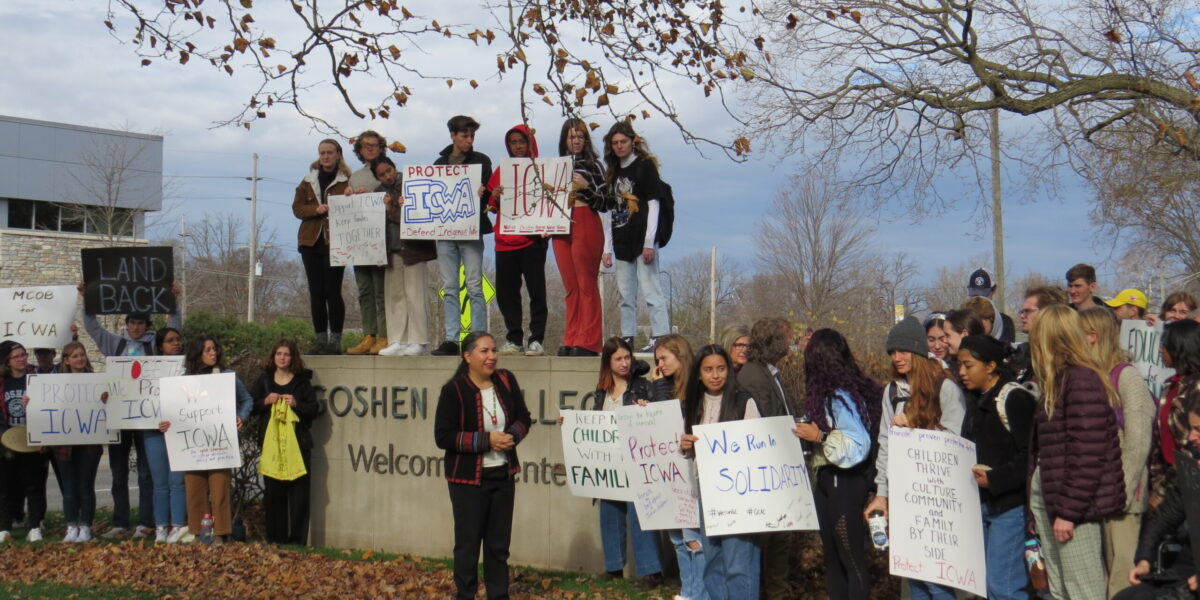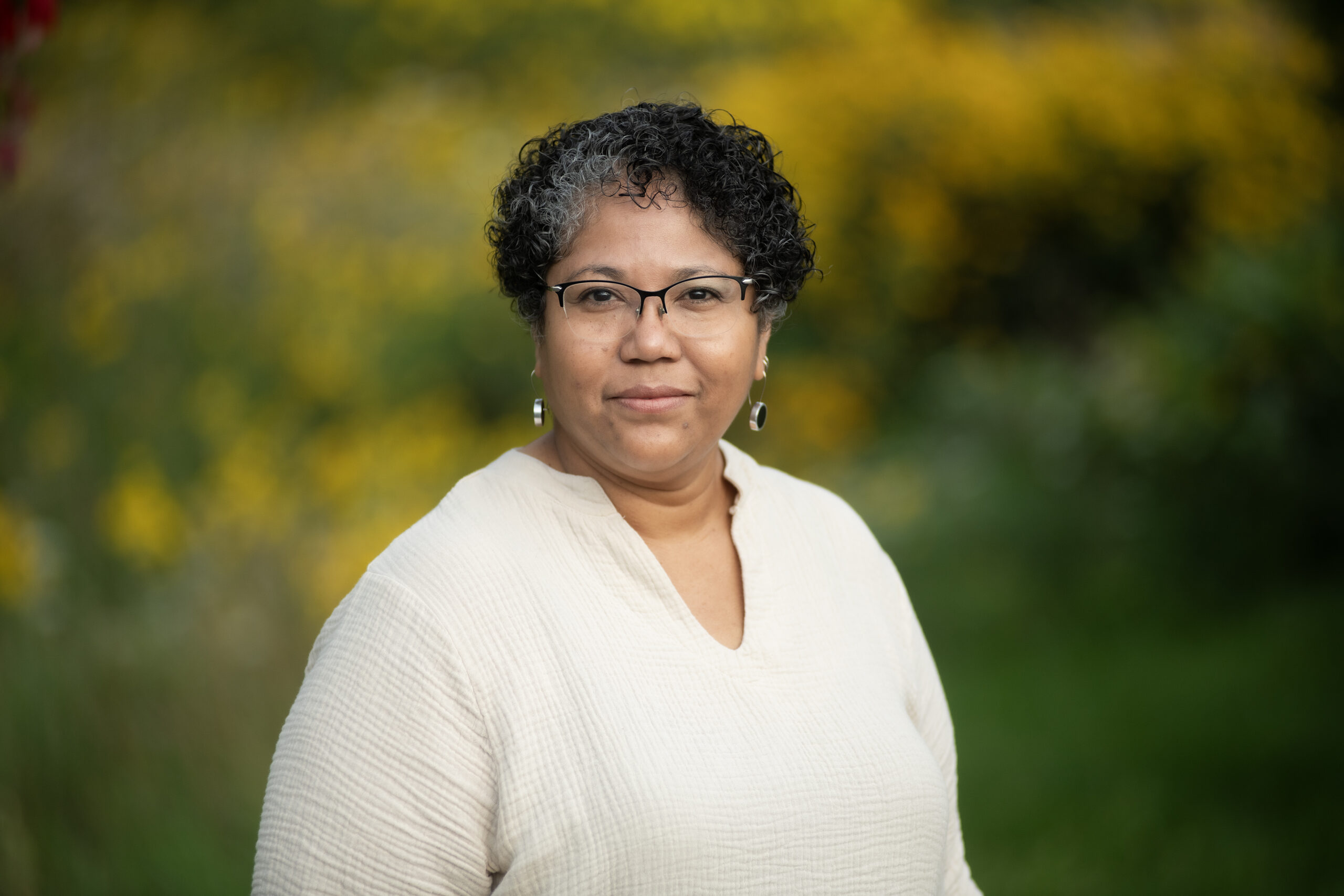"Action expresses priorities" — Mahatma Ghandi
Mennonite Mission Network aspires to be a peacemaking agency and actively works for peace in the world. According to Webster’s Revised Unabridged Dictionary, the definition of a peacemaker is "one who makes peace by reconciling parties that are at variance." However, if we reflect on this word in biblical terms, being a peacemaker is more specifically about making peace by reconciling with God and with others. In addition, according to the Gospel of Matthew, those who are peacemakers are blessed and will be part of God’s family.
"Blessed are the peacemakers, for they will be called children of God." — Matthew 5:9 (NIV)
We, at Mission Network, envision peacemaking through action that every one of us is capable of doing. Being a peacemaker does not require any special abilities, just the will and desire. This identity and intentionality of making peace with God and others permeates every part of our lives: home, work, schools, communities, nations — everywhere. A peacemaker seeks shalom with all people and all of creation.
The word "peacemakers" in Matthew 5:9 is plural. Jesus is talking about God’s children being peacemakers. Peacemaking is a collective action, not just an individual one. It is good for each one of us to be peacemakers. It is even better when peacemakers work together. In this collective activity, we can encourage one another in times of great challenge and return power to those who have been marginalized and made powerless. Together, we can have a greater impact, by making changes at all levels of society.
We, at Mission Network, envision peacemaking through action that every one of us is capable of doing.
Even for those who are rooted in Anabaptist peace theology, living out peace is not easy, and often, we do not go far enough. In spring 2022, Mission Network staff completed a new strategic plan, with "Peace, Justice and DEI (Diversity, Equity and Inclusion)" as one of our top seven priorities. This means that we are committed to working toward peace, justice and DEI throughout our work and ministry, including in our internal structures, through our programs and with our partners. This kind of commitment also involves having a desire to learn and grow together. Conversations and interactions with partners remind us that this work is mutual, and each one of us has so much to learn and give.
As followers of Christ, and children of God, we must make peace and justice a priority. As humans, we are not perfect, and we will often miss the mark. Yet we must be persistent in this work, staying alert to God’s activity, with a readiness to learn and grow and always looking for opportunities to be peacemakers.





